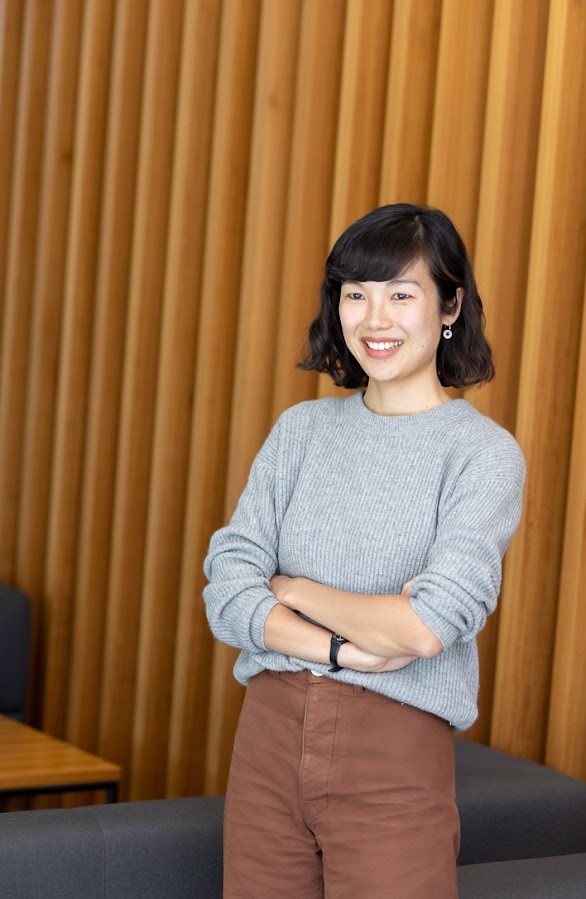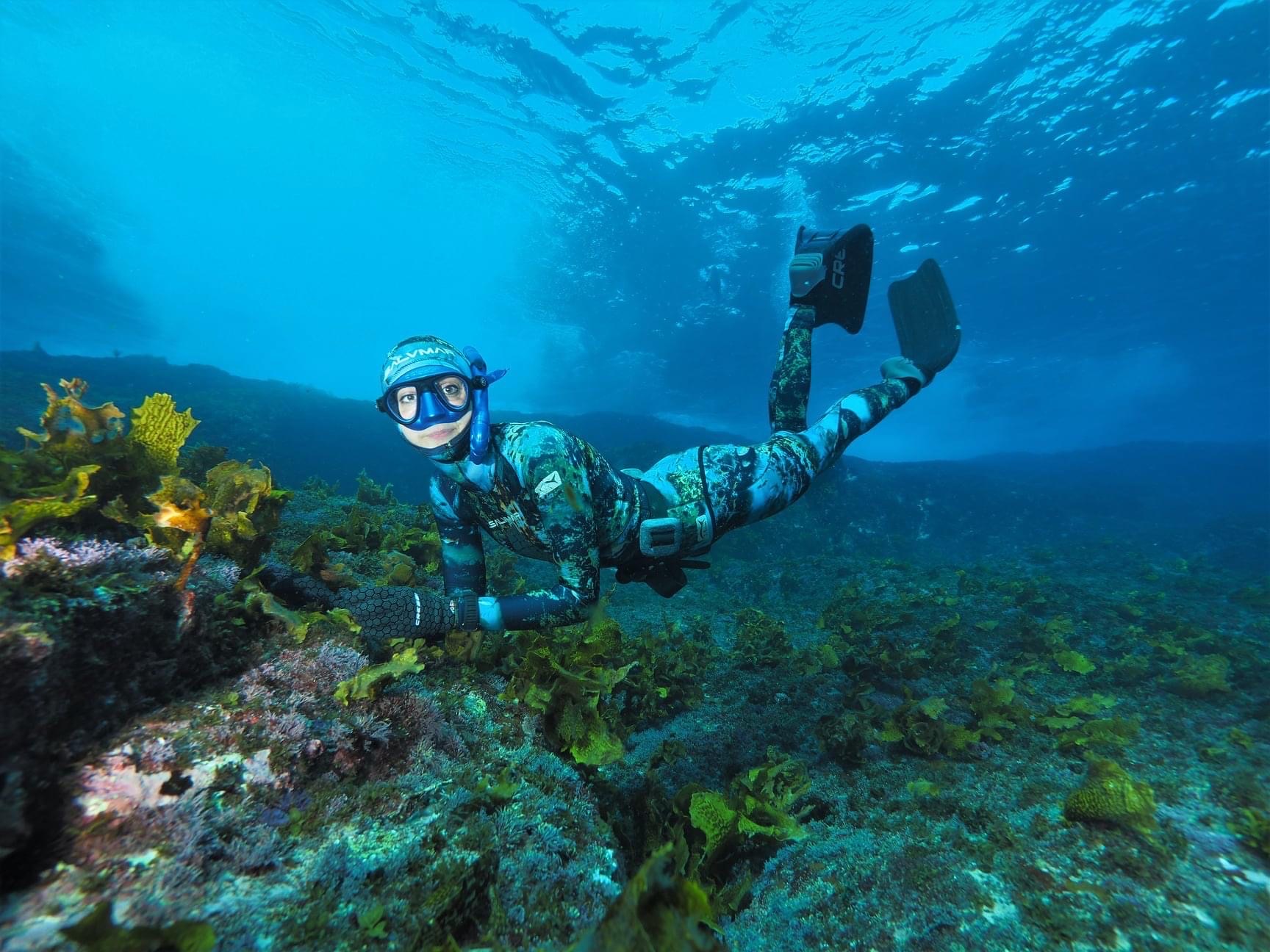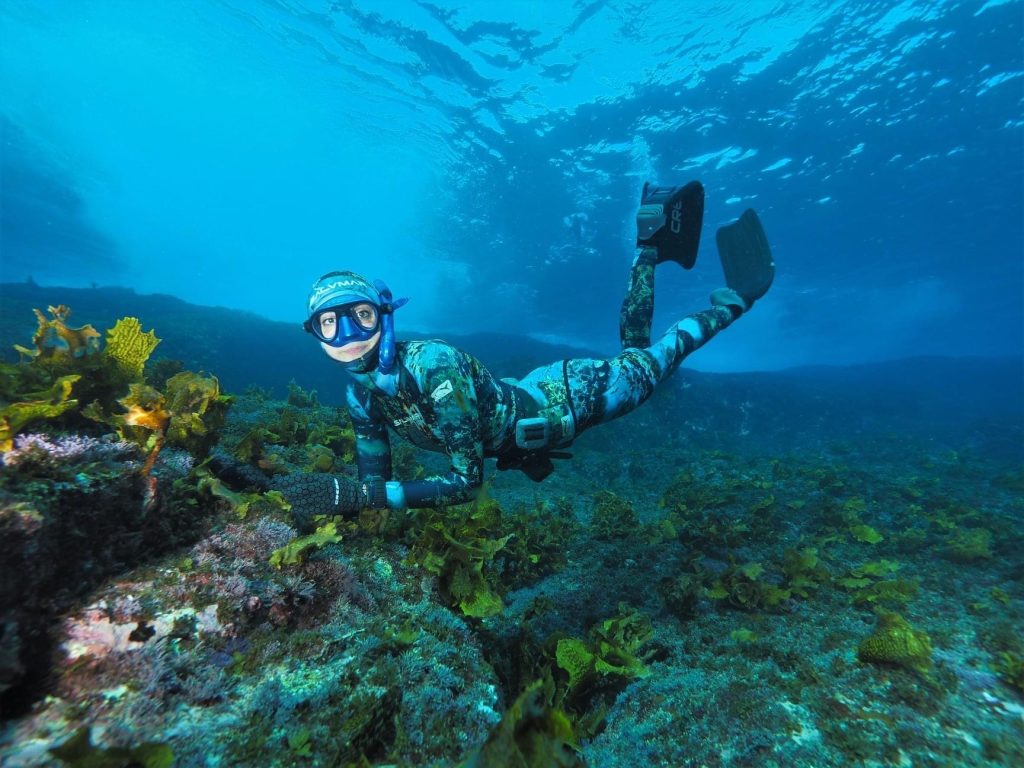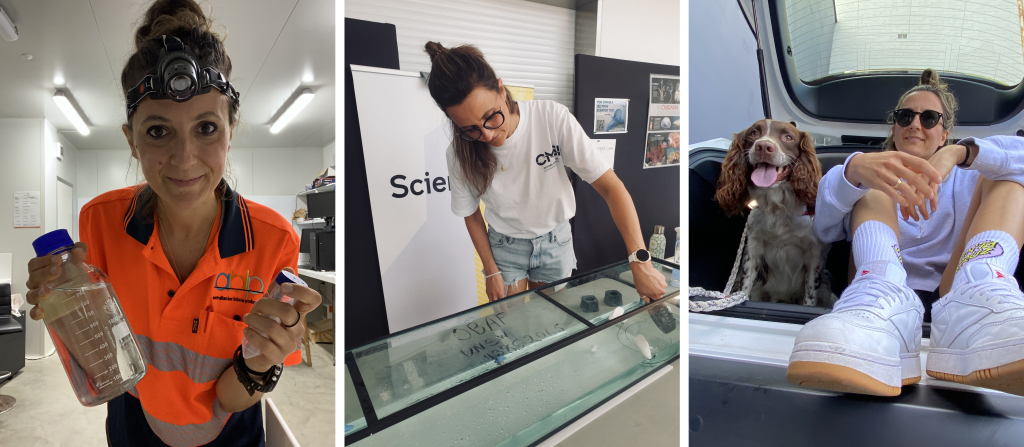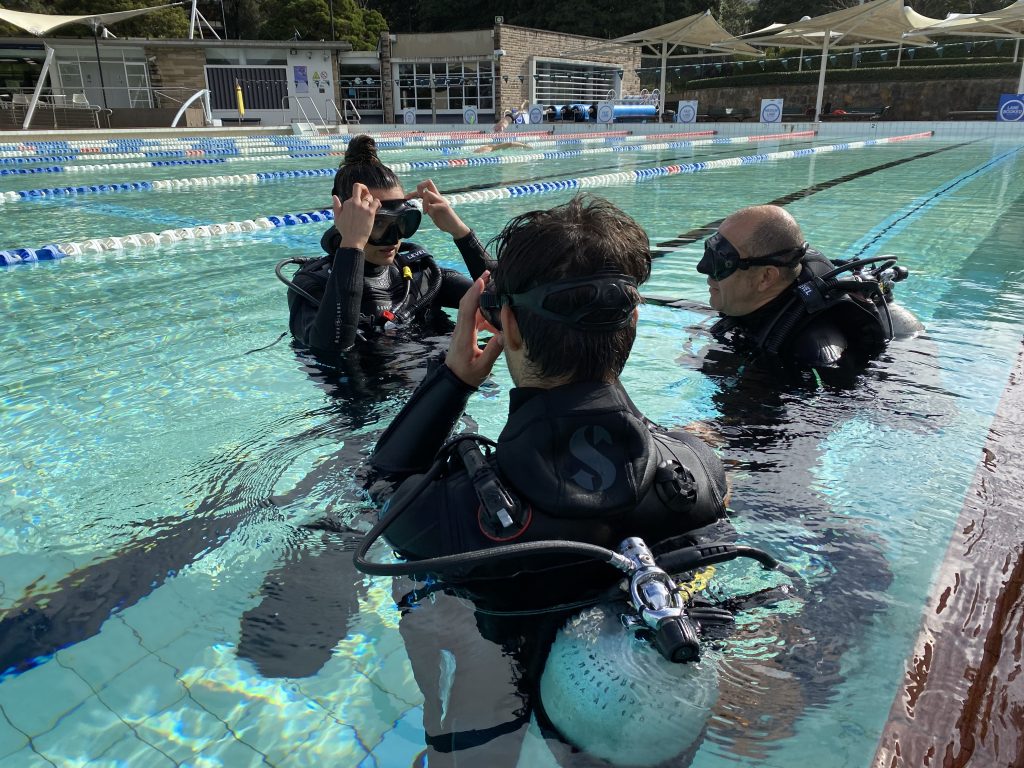Spotlight on psychologist Haeme Park
By Anikó B. Tóth
The great philosophers Socrates and Confucius recognized that the pursuit of happiness was one of the main secrets of leading a meaningful life. Later, U.S. government founder Thomas Jefferson canonized it as an essential human right. But UNSW Women in Maths and Sciences Champion Dr. Haeme Park takes the pursuit of happiness to a whole new level: she is a scientist who studies what makes people happy.

“There is this tendency to think that if you don’t have a mental illness, then you are mentally well. But that is not true. You can not have a mental illness but still not be that great… but not enough to warrant a diagnosis.” She emphasizes that a vast majority of the population, including children, falls on a spectrum between real happiness and clinical mental illness. Haeme is studying how we can help average people improve their mental wellbeing. She uses a combination of cutting-edge brain imaging techniques and questionnaires to delve into the source of human happiness. People who don’t have mental illnesses but are not necessarily mentally well are very neglected in the field of human wellbeing, and Haeme is working to change that.
The road less travelled
As a kid, Haeme had no idea what she wanted to pursue as a career. All she knew was that she wanted to do something useful, and that she enjoyed working with people. These qualities and the satisfaction she gets from solving difficult problems are what attracted her to a career in psychology. However, the road was far from straight. Initially, she had no idea that psychology was even a field anyone could have a career in. “When I was still at school, psychology was never a thing that was talked about.” It took part of an undergraduate degree in biomedical sciences (and hating it) to find her calling.
After completing a master’s degree followed by a PhD in her native Auckland, NZ, Haeme decided to enjoy the flexibility of an early research career and moved to Belgium to start her first postdoctoral role. She used brain imaging technology to study the relationship between the happiness felt from factors associated with motivation, such as earning money, and factors associated with an emotional response, like seeing pictures of puppies. Haeme moved to Sydney for her second and current postdoctoral role where she used her growing skillset to conduct applied happiness research. She is particularly interested in what factors make people resilient, studying twin pairs to isolate genetic and environmental factors. This work became all the more relevant during the COVID pandemic, which began shortly thereafter.
Pandemic
Haeme’s timely research will delve into the effect of the pandemic on mental wellbeing of Australians. Though much of the data has yet to be analysed, she is already finding differences related to biological sex in young people. According to her analysis, during the pandemic, young mens’ wellbeing often hinged on their ability to proactively manage their emotions. Young women did not show such an effect, suggesting they tend to use other, potentially external, resources to regulate their mental health.
Clinic days to cognitive challenges
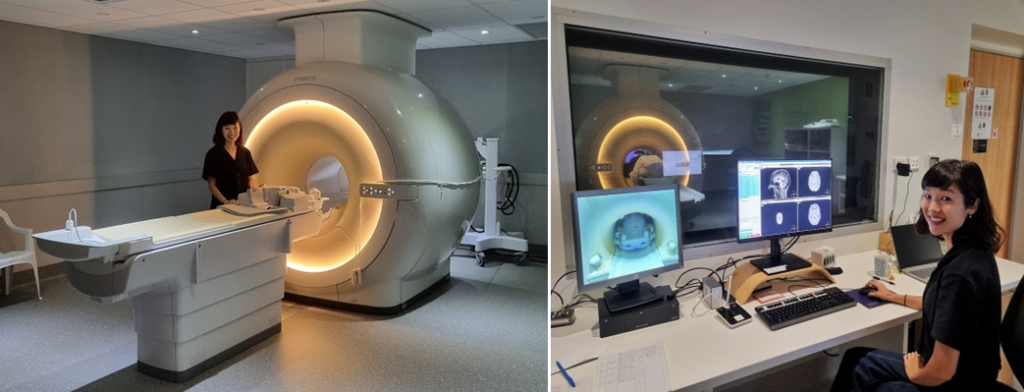
Between intensive contact with research subjects in periods of data collection to the strongly individual task of grant and paper writing, Haeme never becomes bored with her day-to-day job. In the clinic, she uses her people skills to reassure research subjects and make them feel safe and comfortable while she records their brain activity in a scanner. Other days, she is puzzling over data collected from questionnaires and running data analyses. Sometimes, she spends weeks writing grant proposals and papers alone, a process that she admits can be one of her greater challenges because it’s so isolating. “No one knows your work as well as you do, so it can be difficult to find someone who understands why you are frustrated by a particular thing.”
Inspiring future scientists
When I ask Haeme what her proudest achievement is, she answers instantly: “The fact that I’m still here!” A career in science, technology, engineering, or mathematics (STEM) is not easy. Regardless, she is adamant that a successful career in STEM is not about numbers. It doesn’t matter what your grades are, or whether you’re good in school, or if people tell you that you are not good enough. Instead, pursuing a career as a scientist or engineer is more about curiosity, passion, and most importantly, persistence. Haeme has weathered her PhD, two international moves, and the COVID pandemic, and has nonetheless stuck passionately by her work. She is quick to add that it comes with huge perks! Many academics have flexible working hours, variety in their work, and ample opportunities to travel and see the world on top of the excitement of discovery.

We chat about her hopes for the future of the field. It can be very challenging, particularly for women to stay in STEM careers if they want to raise a family. Haeme hopes that support for women staying in, or returning to academic careers after a break will increase. With women dropping out of the STEM workforce being a current major challenge in the industry, this support is key to encouraging women to continue working and pioneering in this sector.
You can catch up with Haeme on her professional pages and social networks.
ResearchGate: https://www.researchgate.net/profile/Haeme-Park
LinkedIn: https://www.linkedin.com/in/haeme-park-477442223/
NeuRA: https://neura.edu.au/researchers/haeme-r-p-park
UNSW: https://research.unsw.edu.au/people/dr-haeme-riva-paige-park

